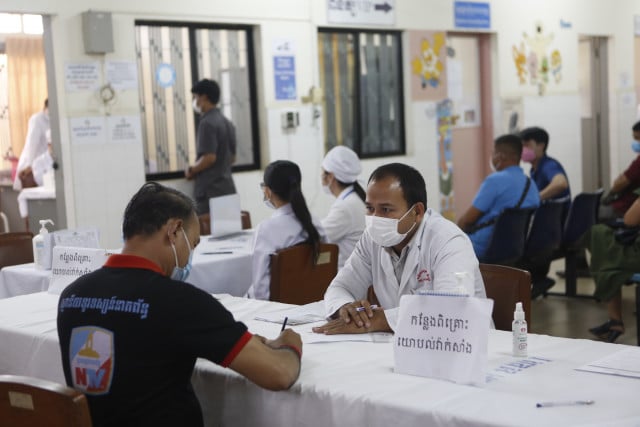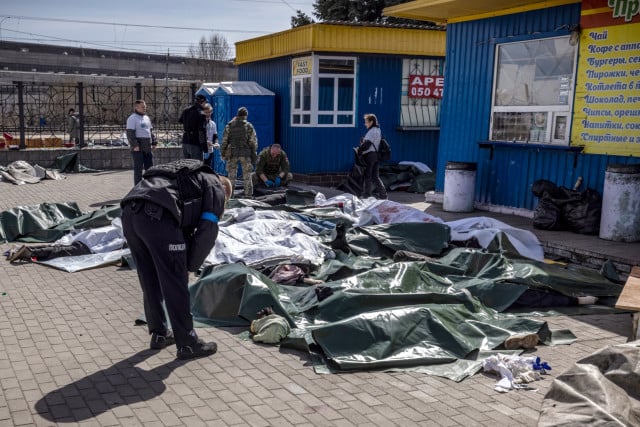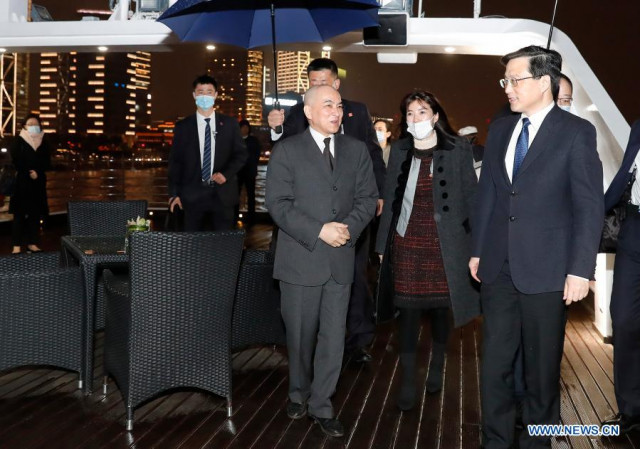Top US and Indian Diplomats and Defense Chiefs Discuss Indo-Pacific Issues and Israel-Hamas War

- By Associated Press (AP)
- November 10, 2023 6:05 PM
NEW DELHI — Top diplomats and defense chiefs from India and the United States met Friday focusing on security issues involving the Indo-Pacific, China and the Israel-Hamas war.
U.S. Secretary of State Antony Blinken said the U.S. and India have a strong partnership and would discuss matters with implications for the future.
"The future is now,” he told reporters.
"We are promoting a free and open and prosperous Asia-Pacific, including by strengthening our partnership in the Quad with Japan and Australia," Blinken said in remarks at the start of the meeting.
He also said that the United States and India are bolstering their partnership in international peace and strengthening a rule-based order.
Blinken also said defense cooperation was a key pillar in ties between the countries.
India’s External Affairs Minister Subrahmanyam Jaishankar said the situation in the Middle East was a big concern.
While India has condemned the Hamas attack on Israel, it has tried to balance its position by saying that “India has always advocated the resumption of direct negotiations towards establishing a sovereign, independent and viable State of Palestine living within secure and recognized borders, side-by-side at peace with Israel."
"While the wars in Gaza and Ukraine are urgent issues, the more abiding challenge for both the U.S. and India relates to China and its revisionist orientation,” said C. Uday Bhaskar, a retired navy officer.
The recent intimidation of the Philippines by China is a matter of considerable relevance to the Association of Southeast Asian Nations as well as the four Quad nations — the U.S., Japan, India and Australia, he said.
China and the Philippines have had several recent confrontations in the South China Sea, where several governments have overlapping claims.
India's relationship has deteriorated with China since 2020, when Indian and Chinese troops clashed along their disputed border in the Himalayan Ladakh region, leaving 20 Indian and four Chinese soldiers dead.
A standoff involving thousands of soldiers in the eastern Ladakh region continues despite several rounds of military and diplomatic talks.
A Line of Actual Control separates Chinese and Indian-held territories from Ladakh in the west to India’s eastern state of Arunachal Pradesh, which China claims in its entirety. India and China fought a war over their border in 1962.
Blinken is in Asia engaging in intense diplomacy with regional partners to show unity over Russia’s war in Ukraine and other major issues and prevent existing differences on Gaza from deepening.
India and the U.S. have held the two-plus-two talks between India’s external affairs and defense minister and the U.S. secretaries of state and defense since 2018 to discuss issues of concern and strengthen bilateral ties.
U.S. Secretary of Defense Lloyd Austin and his Indian counterpart Rajnath Singh will discuss a roadmap for defense industrial cooperation that will fast-track technology cooperation and co-production in intelligence, surveillance, munitions and other areas, the defense department said in a statement.
Washington expects India to be a leading security provider in the Indo-Pacific region.
During Indian Prime Minister Narendra Modi’s visit to the United States in June, the two sides adopted a policy guide for defense industries to enable them to produce advanced defense systems together and collaborate on research and testing of prototypes.















